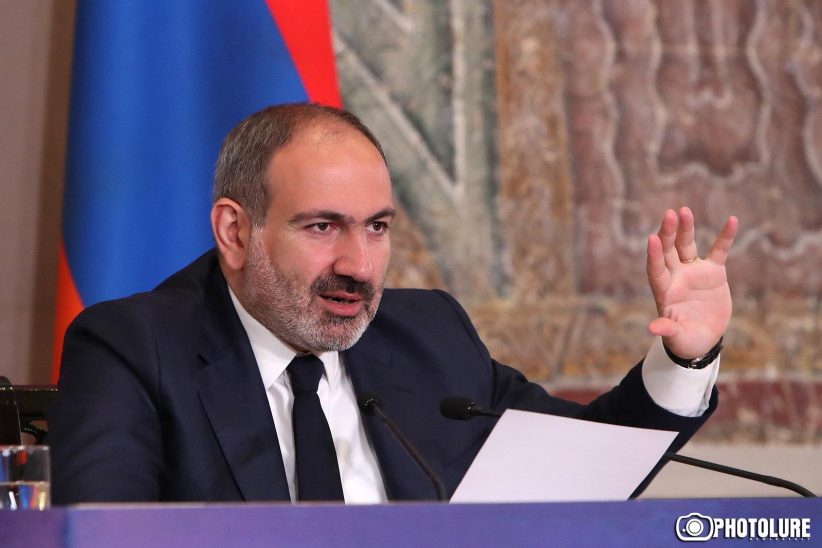“The judicial power in the country does not enjoy the trust of the people,” Prime Minister Nikol Pashinyan announced today at 12.00 p.m. He spoke about the fact that the people of Armenia perceive the judicial system as a remnant of the former corrupt government.
“Battle against corruption is most important, as we’ve announced. But the absence of a judicial system means that the investigative bodies too operate inefficiently.
And so, dear colleagues, the time has come to carry out surgical interventions in the judicial system. This process should be expressed in the following:
1. All officiating judges must undergo vetting. In other words, the public should have complete information about the judge’s political connections and genealogy, assets, previous actions and decisions in the status of a judge, and his / her personal and professional characteristics.
2. All judges, who authored verdicts with gross violations of the rights of citizens, which have been overturned by the European Court of Human Rights, must resign, leave or be removed from the positions.
3. All judges who know inside themselves that they can not be impartial and objective judges should resign, thus providing important services to the Republic of Armenia and its people.
4. Introduction of Transitional Justice mechanisms are of vital necessity for the Republic of Armenia, and in a month or two we must conclude the work done in this direction for the past seven or eight months.
5. The Parliament must develop legislation necessary to implement this vital agenda for our country and create a guaranteed independent judiciary in Armenia. If this requires constitutional changes, then we should make them. Or if a referendum is needed, then we should take that step.
….
All of this work should be done within the framework of cooperation with international reputable organizations in this field, international best practices and international commitments undertaken by Armenia. We have been discussing the whole agenda for a long time with representatives of the UN, the Council of Europe, the European Union, the OSCE, the International Monetary Fund and the World Bank, and I hope all our international partners will stand beside Armenia because we do not want a new puppet justice system but a truly independent, truly objective, judicial system based on rule of law, that meets the leading standards of the civilized world.
In this regard, we should cooperate widely with Armenian civil society, non-governmental organizations, and experts community. I want to emphasize that the time has come for precise, reliable and institutional solutions to the anti-corruption struggle.
The second Article of Armenia’s Constitution, not subject to change, clearly states, “In the Republic of Armenia, the power belongs to the people. The people shall exercise their power through free elections, referenda, as well as through state and local self-government bodies and officials provided for by the Constitution.
Consequently, there cannot exist any power in the country, including judicial, that does not represent the people, whose power does not stem from the people.”
Zara Poghosyan
















